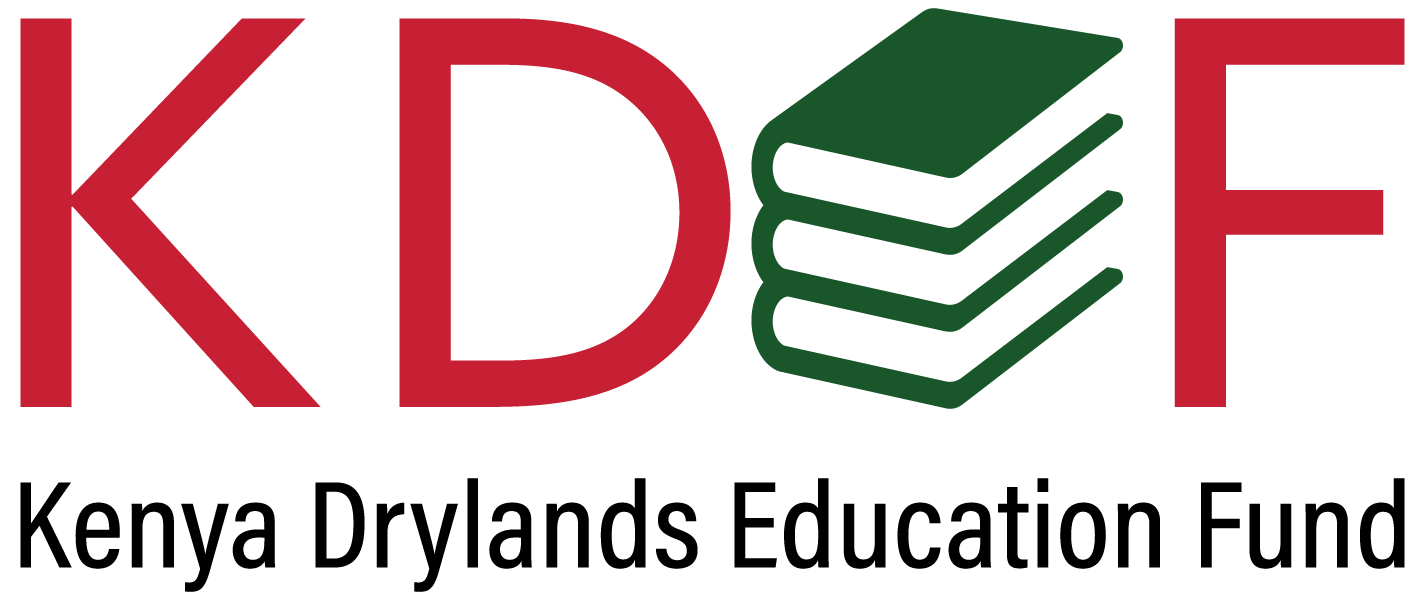Attendance & Retention
We improve school attendance and retention by creating a conducive learning environment for students. This work is far-reaching, addressing the complex issues that have made it difficult — or impossible — for students in Northern Kenya to learn.
We build and equip classrooms, often with kitchens and dormitories.
We construct housing for teachers who otherwise would travel many miles to reach the school.
We install water and sanitation systems — toilets, latrines, hand-washing stations — to promote health and hygiene.
KDEF’s three signature programs also promote attendance and retention:
OPPORTUNITY KITS:
In this poverty-stricken part of the world, girls have limited access to sanitary products. Having protection during their monthly menstrual cycles is essential if females are to stay in school.
KDEF donates menstrual hygiene “Opportunity Kits” and provides training in care and use for school-going girls. Each $20 kit contains five reusable pads of different absorbencies, two carry pouches, underwear, soap, soap sack and clothespin.
With this simple support, girls can attend school without interruption—no longer missing one week of instruction every month. They can achieve their full potential, getting the education they need to obtain jobs that contribute to the economic stability of their families and communities.
KDEF currently supports 32 primary schools in Marsabit and Samburu Counties, a 91,000-square-mile area that is rural, remote and impoverished.
FACT: The Deputy Headmistress of Korr Primary School reported that prior to 2014, 50 percent of her female students missed up to one week of school each month due to menstruation. After the kits were distributed, absenteeism dropped to 10 percent.
Each Opportunity Kit costs only $20 and changes a young student’s life.
MENTORSHIP WORKSHOPS:
Every year, KDEF sponsors a three-day Mentorship Program for our scholars and students from host communities. Students develop life skills in leadership, health and social issues, conflict resolution, stress management, and educational and career goal-setting strategies.
They also learn about the effects of female genital mutilation and teenage pregnancy, which keep them from realizing their full potential. There are workshops on reproductive health, anti-terrorism messaging, HIV/AIDS, women’s empowerment, and the role of men in facing these challenges. The workshop is led by Kenyan teachers, community leaders and experts selected for their experience and eagerness to mentor students at this formative stage in life. Students also receive individual counseling.
FACT: Students in Kenya receive little, if any, coaching in life skills. As the future of their communities, participants return to their villages and schools, spreading their newfound knowledge as they model new skills and healthy behaviors.
DATA COLLECTION:
We’ve also developed a custom cloud-based Salesforce application that helps selected primary schools track attendance in a systematic way. It’s supported by an offline data-collection app installed on tablets. School officials can now follow up in real-time if a student drops out or is absent for more than 10 days.
FACT: KDEF is now tracking approximately 2,400 learners through the EnART Salesforce system and continually adding students at a rapid pace.

